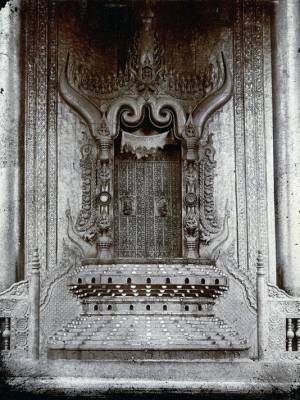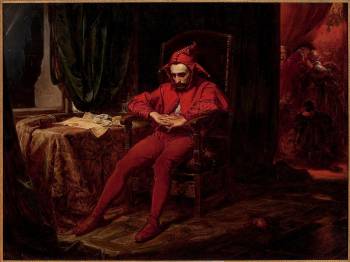Style Guide
Equality And Themes
Setting
Esharia
Culture
Politics
Religion
Military
The Magical Arts
Regions
Hashat
The Heights
The Wetlands
The Plains
Client States
The World
The Empire of Orrium
The Qeltan Sea
Petty Kingdoms



